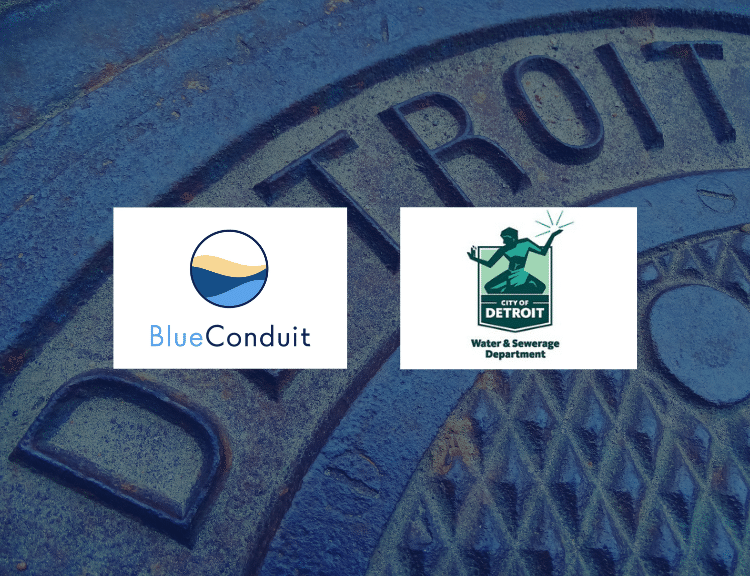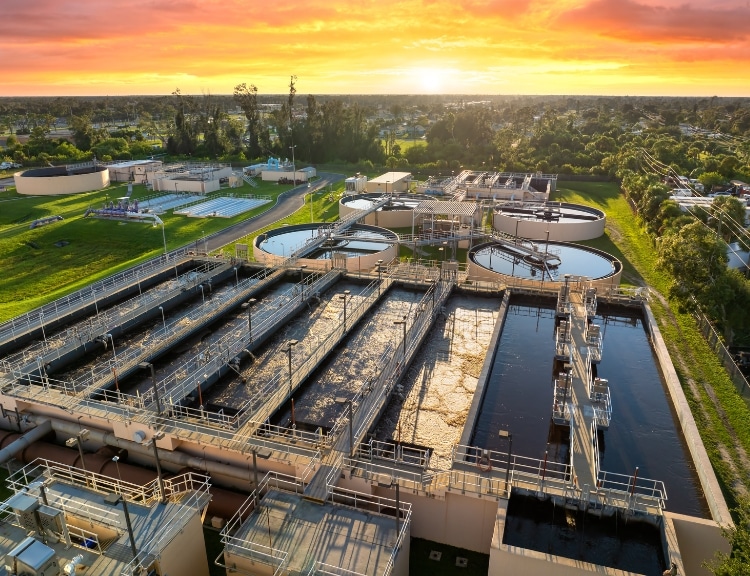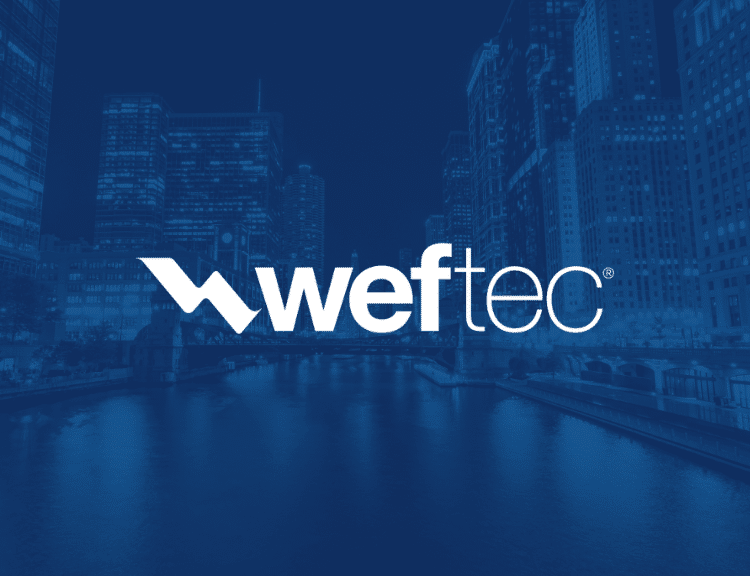In the heart of the Great Lakes region, Detroit has long been a symbol of resilience and renewal. Yet, amidst its strides toward progress, the city, like many others across the U.S., has grappled with a silent threat lurking within its aging water infrastructure: lead service lines.
These hidden conduits pose potential health risks to residents and the community at large. That’s why the Detroit Water and Sewerage Department (DWSD) partnered with BlueConduit to help make the lead service line inventory and removal process more efficient than ever before.
The Impact on Detroit
Through the collaboration with the City of Detroit and BlueConduit, we were able to turn a 40-year-long lead service line replacement plan into a much more digestible 10-year project. That’s a 75 percent decrease from the otherwise proposed schedule. In addition, we were able to use artificial intelligence, machine learning, and predictive modeling to hone in on the data, using predictive modeling to assess communities most at risk, and ultimately reduce the estimated number of lead service lines from 120,000 to 80,000.
“This is a generational impact, many of us live in the City of Detroit, many of the employees here have kids or grandkids that go to schools. We want to make sure that they don’t have the possibility of lead in their drinking water. So we’re doing our part for today and for future generations,” said Bryan Peckinpaugh, Public Affairs Director for the Detroit Water and Sewerage Department.
Beyond the immediate health benefits, the successful implementation of this groundbreaking solution sets a precedent for other communities grappling with similar challenges. By demonstrating the feasibility and effectiveness of advanced technologies in addressing complex infrastructure issues, Detroit serves as a beacon of innovation and progress in the field of water management. And we’re proud of the part we had to play in their triumphant success!
Watch video:
Looking Ahead
Last fall, the Detroit Water and Sewerage Department allocated $100 million in funding to speed up the replacement of the city’s 80,000 lead service lines – at no additional cost to its customers. With this in mind, the department plans to replace 5,000 lines this year and 10,000 annually beginning in 2024.
As Detroit paves the way for a lead-free future, the benefits extend far beyond its borders, inspiring hope and progress in communities around the world facing similar obstacles.
The BlueConduit Platform
Cities nationwide have challenges in scoping and implementing their Lead Service Line Inventory and replacement programs due to the fact that they have incomplete or inaccurate data on where the lead is in the system. That’s where we come in!
Discover how BlueConduit leverages artificial intelligence, machine learning, and predictive modeling to characterize and reduce these uncertainties and guide water systems in their compliance and replacement programs.
This data-driven approach helps water systems accurately budget their replacement programs, as well as target replacements at homes with highest probability of lead, prioritizing residents most at risk.
Want to learn more? Hear from BlueConduit’s co-founder, Eric Schwartz, as he gives an extensive interview on the Waterloop Podcast, identifying the relationship between A.I., machine learning, predictive modeling and lead pipes.





